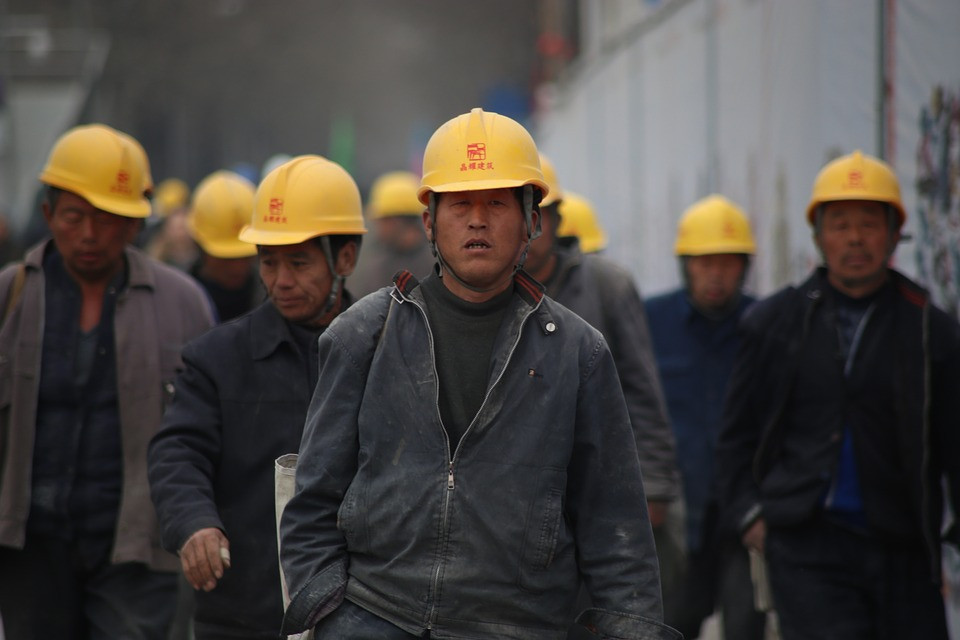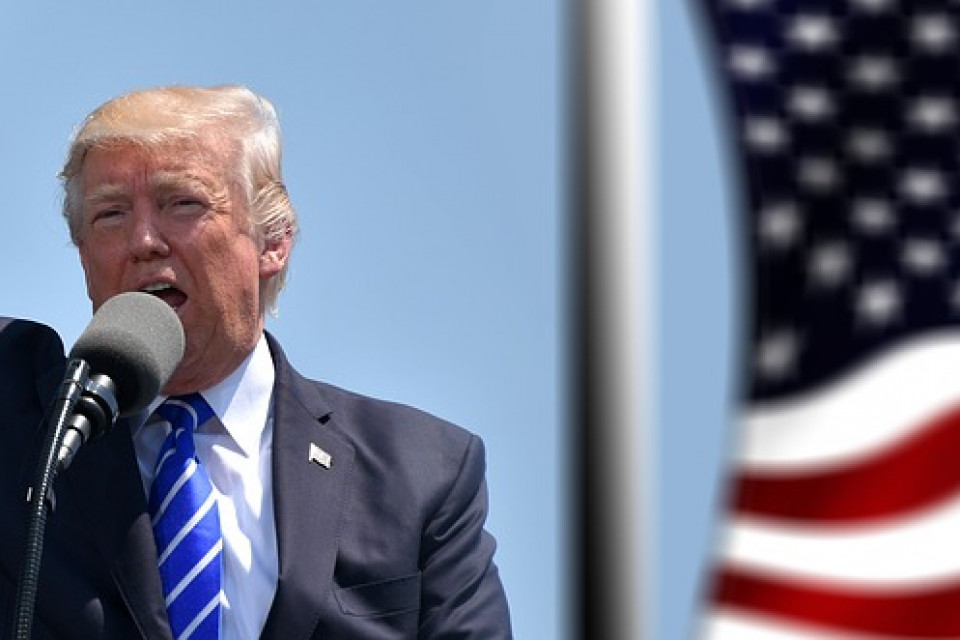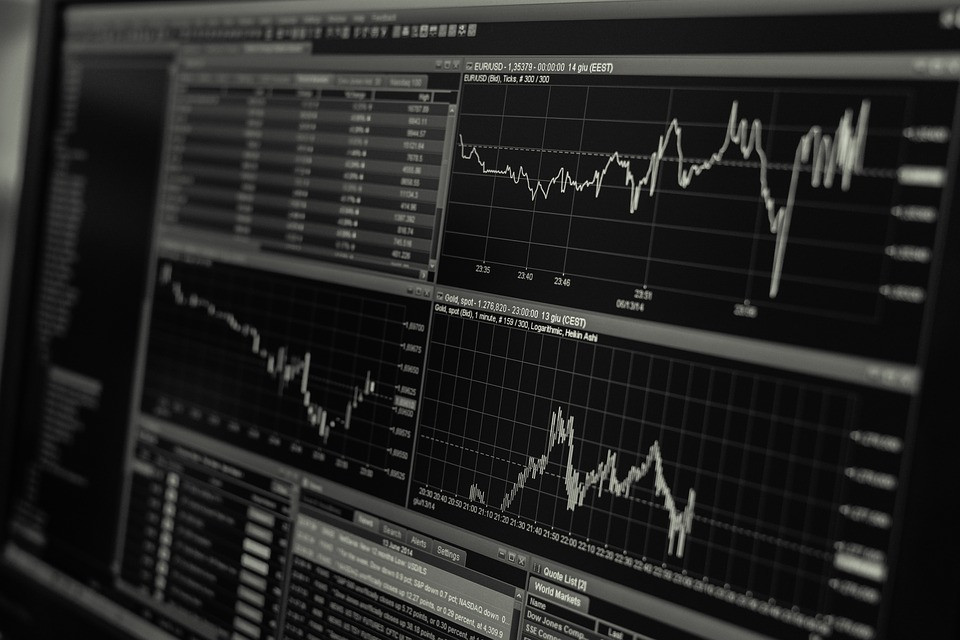The tough here and now, with our confused and fractured societies, also expresses itself through a clearly visible line that connects and links the features of a new type of power that extends into quite different spaces of economic reality.
There is a deep thread that connects the imperial primitivism that Trump displays with the corporate logic of great global companies based on individual and quasi-monarchical forms of power. This same thread links the national reaffirmation drives of the xenophobic and exclusionary populist Right (Vox and Bolsonaro as examples) with the behaviour of the most unsophisticated businessperson in a small company, -Spanish, Brazilian, Polish... - that only perceives their business in terms of rubbish wages and an iron fist. There is also a connection between these worlds and the fear of the middle classes of equal opportunities for "the others" so that they do not compete for the few positions available. Additionally, between these multiple logics to retain power, there is the furious rejection of the traditional male to the equality of women.
Espinoza thought that "everything strives, when it is within reach, to persevere in its being". So, it is not surprising that capitalism begins to demand clearly structured solutions in class privileges, shows its discomfort with a democracy founded on equality of opportunities based on merit, and cracks down on this, even while losing the capacity of manoeuvre and seduction in the resolution of conflicts.
Where does this new logic lead us? It forsees a future of crisis marked by a crossroads with two paths: on one hand, a path marked by the destruction of values and the "drums of war"; and another, a certain opportunity to walk towards new creative impulses associated with the democratization of companies and the economy.
HOW THE NEXT CRISIS CAN FACILITATE THE DEMOCRATIZATION OF THE ECONOMY
The economic situation is fraught with concern for the future: on one hand, analysts assume as inevitable that a recession is approaching This is feared will be greater than that of 2008; on the other, the US feels challenged by China as an emerging power This is gaining influence in areas of Asia, Africa and Latin America that until recently, the US felt to be "their own".
A third element adds further uncertainty to this moment in time: there is a consensus that there is no room for manoeuvre in economic policy to combat the next crisis.
We should remember that in the last three recessions, the Fed, the US central bank, was able to lower interest rates by close to five percentage points, something impossible at this time in which rates still remain at minimum levels. Something similar happens with fiscal policy and social adjustments: levels of indebtedness make it difficult to raise public spending or reduce taxes that act as stimuli to combat a recession, while the proximity and harshness of the austerity policies implemented in the previous crises make their reissue almost impossible.
In this context, the markets fear/disregard a spark (Venezuela, Iran, Ukraine...) that might trigger a grave geopolitical crisis and adds to probable war conflicts that go beyond this low-intensity logic. War and capitalism are once again paired as a way out of a crisis with its consequences of capital destruction-reconstruction.
The question is whether such a complex context allows for an alternative exit. of course, leaders will appear who, in line with Nicolas Sarkozy, intend to stupefy us with the rhetoric of "refounding capitalism". The difference is that, this time, we will be forced to deal with it seriously.
And it is that, if the austerity policies already have little room for manoeuvre because of the tremendous inequality inherited from the previous crisis, a peaceful solution to the next crisis can only be born out of questioning the mode of production and the logic of business organization. It is not possible for companies to oblige the risks and sacrifices to be shared among the different economic agents (workers, institutions, suppliers, customers...) and decisions are not shared and socialized. So, when adjustments once again become essential, workers will have the right (they will be obliged to, even) to demand that they be quantified and their sacrifices capitalized through participation in the companies' capital.
It is also the only way to ensure that the crisis does not turn into a scam that displaces the adjustments of wages and employment that the adjustment entails. It would also be a way to rebalance internal power and as worker-shareholders access the information and rights that are denied them as a mere worker. Paradoxically, the system's own inability to find a solution could open a future of dialogue and agreement when the world of work seems at its weakest and most fragmented.
A FUTURE MARKED BY THE COEXISTENCE AND CONFLICT OF DIFFERENT PRODUCTION MODES
This scenario could mean two things and would be open to two different interpretations: on one hand, as a way of "refounding capitalism" and integrating the worker-shareholder individually into capital; on the other, as the recognition that the true capital in the new economy resides in the living knowledge that the workers contribute as a collective. This is, as a step towards more capitalism and, at the same time, as a step towards post-capitalism, two interpretations that could also cohabit together and compete for a long time.
But in any case it would be an objective step, however small or large, towards inclusive approaches associated with economic democracy.
The question is whether the progressive forces are capable of envisioning and managing this possible scenario, if they understand what these transitions mean, if they see the tasks they should take up.
The reality is that that it requires a conceptual body that will be urgently lacking, if platforms for debating and developing economic democracy are not launched.
It does not seem that the problem of the world today is to "put an end to private property" but rather to move on from the models characterized by the centralized autocratic control that define the previous capitalism. The impulse of companies open to the participation of their workers and other interest groups is the way to limit the concentration of power of the top executives as principle agents of the "control minorities" in the large corporations. A task that needs to be complemented with new ways of managing the public space and revitalizing its mission in terms of effectiveness associated with general interest by turning public-private collaboration programmes that have legitimized the plundering of public resources by extractive elites. or with the extension of new cooperative forms and associated work in PYMES that are suppliers of high-added-value services...
History shows that there are no global revolutions that are made one single time once and for all. These changes are consolidated through the coexistence, over a long period of time, of different modes of production. This what we sense how post-capitalism begins to be present in certain non-capitalist economic forms that act as molecules that should to be grown as symbols of a new power, that cares for the value of work as a factor of innovation as opposed to the landlord proposals and extractive logics.
It is not possible to ensure that these challenges are really presented to us. Rather, maybe reality overwhelms us, forcing us to manage situations that society has not debated for decades. In any case, the task today is to prepare and get the social agents to invade the political agenda and get grown to devise collaborative solutions to the crisis that seems to be approaching, as opposed to the destructive logic signalled by the war drums.











